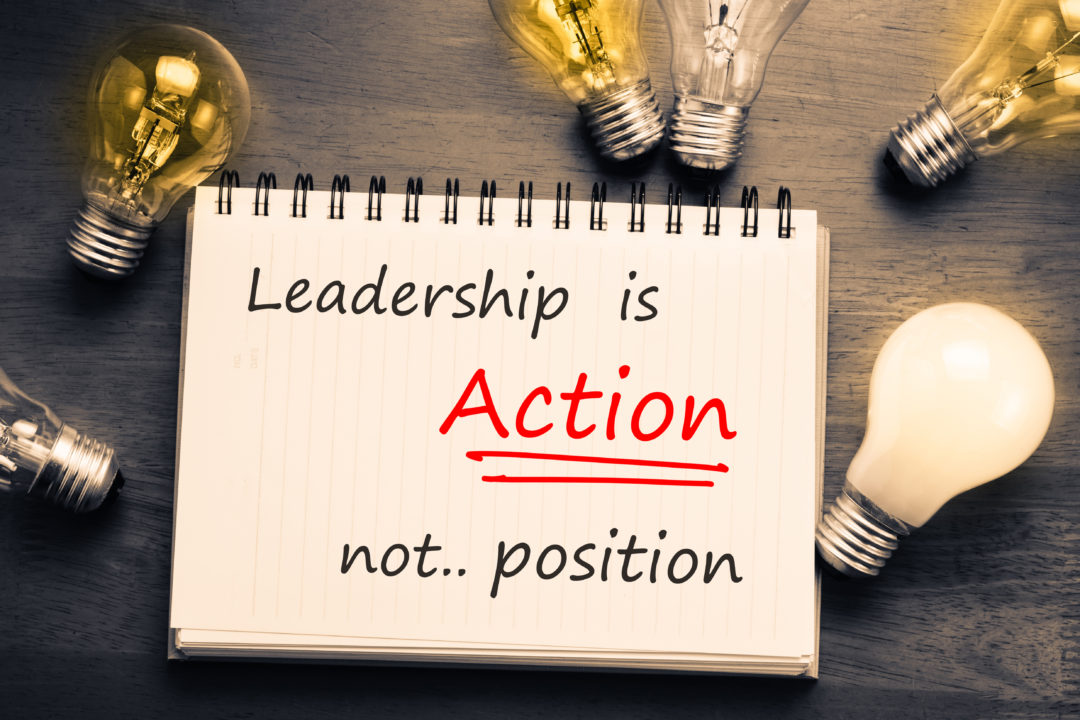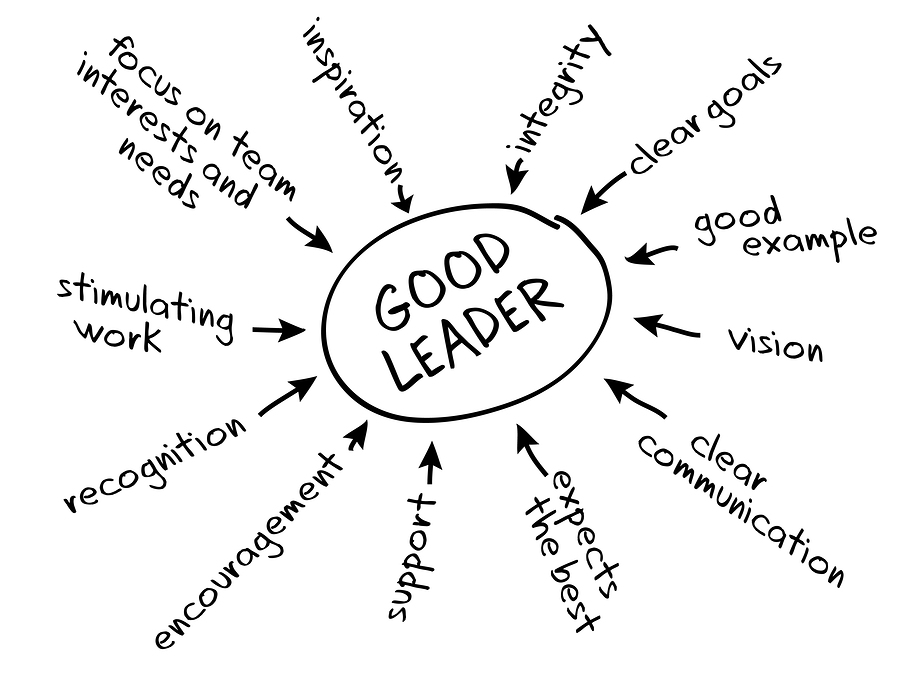Leadership has always been important in our society. People view leaders as role models who influence the decisions and actions of their followers. Leadership has always meant having power over other people and controlling their actions. In modern times, the term refers to the ability to influence, direct, coordinate, motivate, and guide a group of people towards achieving common goals. Who is the best leader in the world, and what makes a good leader? Certain traits seem to be essential parts of a great leader. They are often called “characteristics.” Each has unique skills that enable them to influence their followers effectively.
Have you ever wondered why some leaders are successful while others fail? Leadership isn’t just about being a boss; it’s also about motivating and inspiring those around you. While there’s no exact definition of leadership, experts agree on some characteristics that define a great leader. These include having charisma, empathy, self-control, confidence, great communication skills, honesty, and integrity.
Top 10 qualities a leader should have.
Emotional Intelligence (EQ)
The first trait is emotional intelligence. This refers to your ability to read other people’s emotions and understand their needs. It’s essential for any person who wants to lead others because it helps them identify what motivates each employee and how they can best help the company succeed.
Empathy
Empathy is a crucial component of emotional intelligence and effective leadership and is connected with job performance. According to the study, if you demonstrate more leadership and sympathetic behaviors toward your direct subordinates, you have a higher likelihood of being perceived by your supervisor as a better worker. Additionally, empathy and inclusiveness are essential for enhancing the working environment that surrounds you.
Self Control
Self-control is one of the essential traits of a good leader. It’s about maintaining focus on long-term goals while dealing with short-term distractions.
This is especially true when you’re leading a team. Your employees will expect you to make quick decisions and take action. But if you don’t have self-control, you’ll lose your temper and alienate your staff.
Self-Awareness
Good leaders are aware of themselves. They know how their words, actions, and even subtle things like body language affect other people. Under their leadership, they solicit input. They attempt to view themselves from others’ perspectives. This introspection can be challenging for some people, but it is crucial for leaders. They are aware that perception is a component of reality.
Charisma
Charisma is the ability to persuade people to follow you. The charismatic leader commands respect and admiration from their followers.
People naturally look up to those who seem confident and capable. A leader who exudes confidence attracts more followers than one who doesn’t.
Being grateful
Being grateful can improve sleep, lower anxiety and sadness, and boost one’s sense of self-worth. You may become a better leader through gratitude. Despite the fact that most people claim they’d be likely to work overtime for a supervisor who showed appreciation, very few people consistently say “thank you” in professional contexts. The finest leaders understand the value of being appreciative at work.
Good communication skills
Influential leaders create an approach to enhance and passionately communicate with their team members. They assist their teams in understanding what must be done and why it must be done. They inspire their staff to act on the goal and maintain momentum by reinforcing the vision frequently. This method necessitates a constant, sincere, and open communication plan. Therefore, even though some leaders may lack good communication skills, great leaders strive to acquire them since, in today’s environment, excellent communication is crucial to advancing vision.
Respect
Treating others with dignity on a regular basis is the most important thing a leader can do. It will promote camaraderie, minimize stress and conflict, and increase productivity. There are various ways to demonstrate respect, but it usually begins with being a good listener who genuinely tries to comprehend the viewpoints of others.
Flexibility
Today’s true leaders must go beyond merely being aware of digital risks and possibilities; they must also show that they have the flexibility and agility necessary to adapt quickly to these shifting circumstances. When necessary, they can quickly change course to accommodate the expected or unexpected while still working with and directing the individuals and groups they lead. They can improvise whenever necessary, and they welcome change and new difficulties.
Empower others
Effective leaders can assess each person they manage and determine the best ways to train, develop, and inspire them individually to get the best results from them. Effective leaders give their team members the freedom and support they need to fulfill their potential and advance the company’s goals.
How to Foster Good Leadership Qualities in Yourself and Others?

Good leaders are created, not born.
You must know that good leaders are created, not born. To put it another way, developing leadership skills is possible. Experience, continual learning, and adaptation are the foundations of successful leadership. If you’re willing to grow and invest the time and energy in developing yourself, you can boost any of the aforementioned 10 qualities of a strong leader.
Collaboration and Cooperation develop capable leaders.
Realizing that leadership is a social activity is crucial. It’s much more about a group of people coming together to achieve goals than it is about one charismatic or strong individual. If you exhibit multiple qualities of a strong leader but miss this crucial understanding, you probably will only go so far on your own. Even if people respect you, you will need help to achieve team or organizational goals.
Avail yourself of the Leadership Development Program.
The program focuses on developing communication, interpersonal, and organizational skills through experiential learning opportunities. It enhances employees’ ability to become effective leaders and managers. Participants gain practical experience working together under real-life conditions. It usually comes in various forms, ranging from short courses to executive coaching, and they usually follow some kind of specific curriculum.
The Bottom Line
Leadership is an essential skill that every person should master at some point in their career. Many attributes come together to create a successful leader. While some leaders rise naturally through natural talent, others develop leadership skills over time. To build a better team, you must identify the key traits that define a great leader.
Take advantage of our e-learning course to create great leaders for a better tomorrow.
